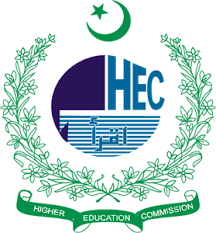Economically and Islamically Sustainable Passive Housing in Lahore: Insights into Regulatory Challenges and Opportunities
Abstract
This study examines the integration of passive design strategies in residential buildings within Lahore, focusing on their economic viability, regulatory compliance, and alignment with Islamic sustainability principles. With the rising costs of energy and construction, coupled with increased urban housing demand, passive design offers a financially viable alternative by reducing long-term operational expenses. However, existing building and zoning regulations—particularly for 5- and 10-marla units in areas like DHA—pose significant barriers to its implementation. This research critically examines these regulatory frameworks and evaluates how they impact the economic feasibility of adopting passive techniques such as natural ventilation, thermal mass and solar orientation. It also explores how Islamic values, including moderation (iqtisad), environmental stewardship (khalifa), and equitable resource use, support sustainable yet affordable housing solutions. Through qualitative analysis of planning documents and expert interviews with architects, planners, and developers, the study identifies both constraints and opportunities. The findings offer evidence-based recommendations for regulatory reform, investment strategies, and economically sustainable housing policies that are culturally and ethically grounded. This research contributes to the discourse on green urbanism, Islamic economic ethics, and cost-effective sustainable housing in Pakistan.
Keywords: Passive Design Strategies; Sustainable Housing; Economic Feasibility; Regulatory Barriers; Energy-Efficient Construction; Islamic Urban Ethics; DHA Lahore; Affordable Green Housing; 5- and 10-Marla Homes; Cost-Effective Climate Design









